Stories
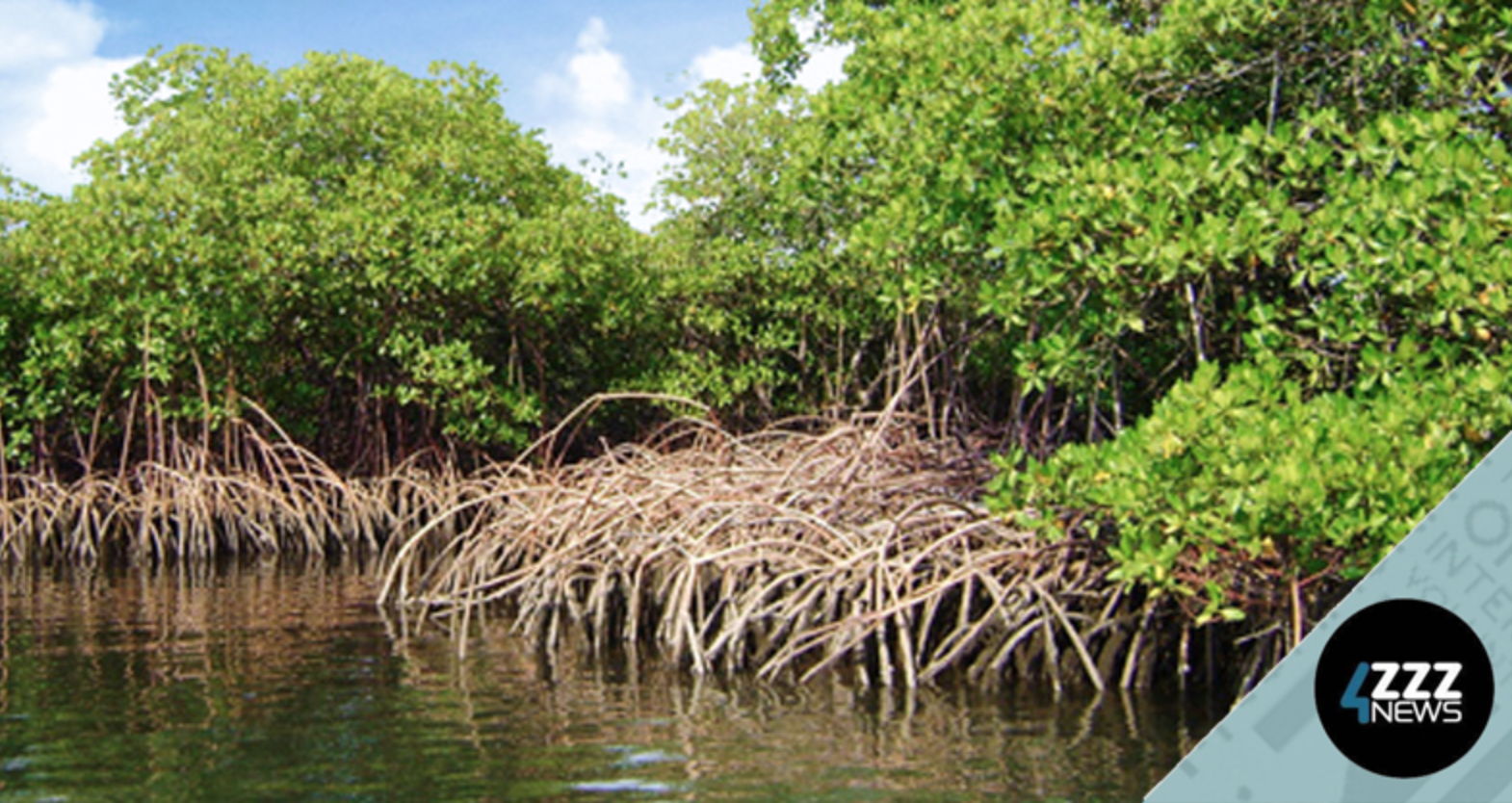
Wetland Ecosystems Economically Save Valuable Assets and Lives
Our wetlands have been under threat by many factors for decades such as agriculture fertiliser runoff and property development to name a few… but did you realise that coastal wetlands actually can save lives and protect coastal properties from damage?
4ZZZ's Eliot Rifkin chatted with Diane Jarvis an environmental economist from James Cook University about how wetlands save valuable assets and lives as well as wetlands' eco-system contribution.
For a deep dive:
Diane Jarvis’ research portfolio Here’s Diane Jarvis’ Wetland’s economic evaluation paper on how coastal wetlands act as a buffer to storm surge damages and save globally US $447bn per year as well as more than 4000 per lives per year. It was published in Global Environmental Change.
Here’s the paper's accompanying story map expressed in easy to understand language. As well as a video by the UN Office for Disaster Risk Reduction video
Diane has co-authored another JCU paper with researcher, Dr Adam Canning on novel ways of using financial incentives for both protecting as well as restoring wetlands: Here's the links to the Storm paper and the Restoration of Wetalnds using financial incentives paper
The cyclone track database she used can be found here and the NCDC International Track Archive data
Some other related links:
The Conversation also ran a story on wetland ecosystems economic value TropWater's video on why we need to protect wetlands as well as the TropWater site
Becoming an environmental economist who deals with the relationship between people (society / economy) and the environment. Visit the JCU subject webpage The Cairns campus Business undergraduate degree curriculum in environmental economics subjects includes: environmental economics, economics of natural resource use as well as environmental planning, environmental management, etc)
Environmental economist aid in creating sustainable policies analysing how people use and benefit from the environment’s natural resources – by both businesses and outside of markets – including leisure and recreation, cultural uses, and ecosystem services (providing food, regulating the climate, absorbing waste etc). These economists also look at how these environment uses by people impact on the environment itself. Then it can be determined how economic incentives (taxes, subsidies) can be used to change peoples behaviours to help reduce pollution and prevent over-exploitation of natural resources.

Toni Pankaluic
Toni Pankaluic is a Journalist and contributor to Brisbane Line
Zedlines
ZEDLINES, WEDNESDAY FEBRUARY 11TH 2026, 11AM

Your 11AM Zedlines with Lachlan and Georgie
ZEDLINES, WEDNESDAY FEBRUARY 11TH 2026, 10AM
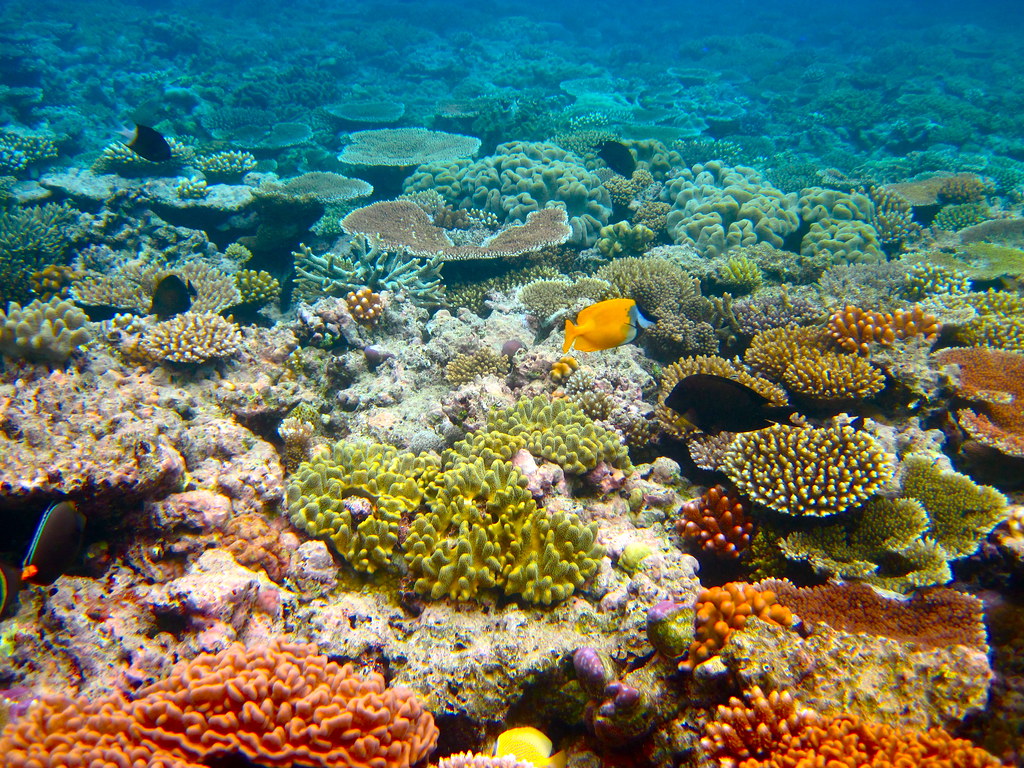
Your 10AM Zedlines with Hailey and Cass
ZEDLINES, WEDNESDAY 11 FEBRUARY 2026, 9AM
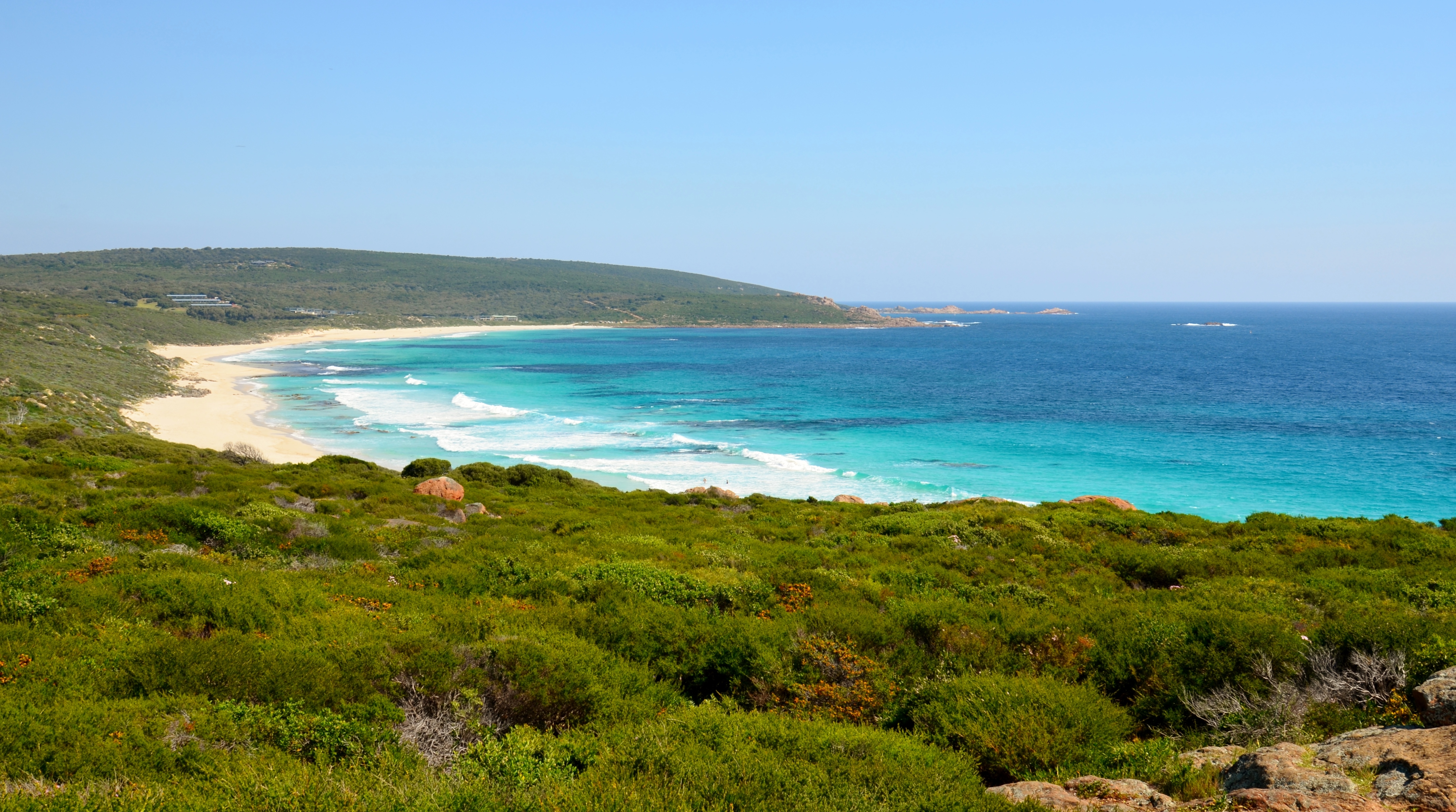
Your 9AM Zedlines with Georgie and Lachlan
ZEDLINES, WEDNESDAY FEBRUARY 11TH 2026, 8AM
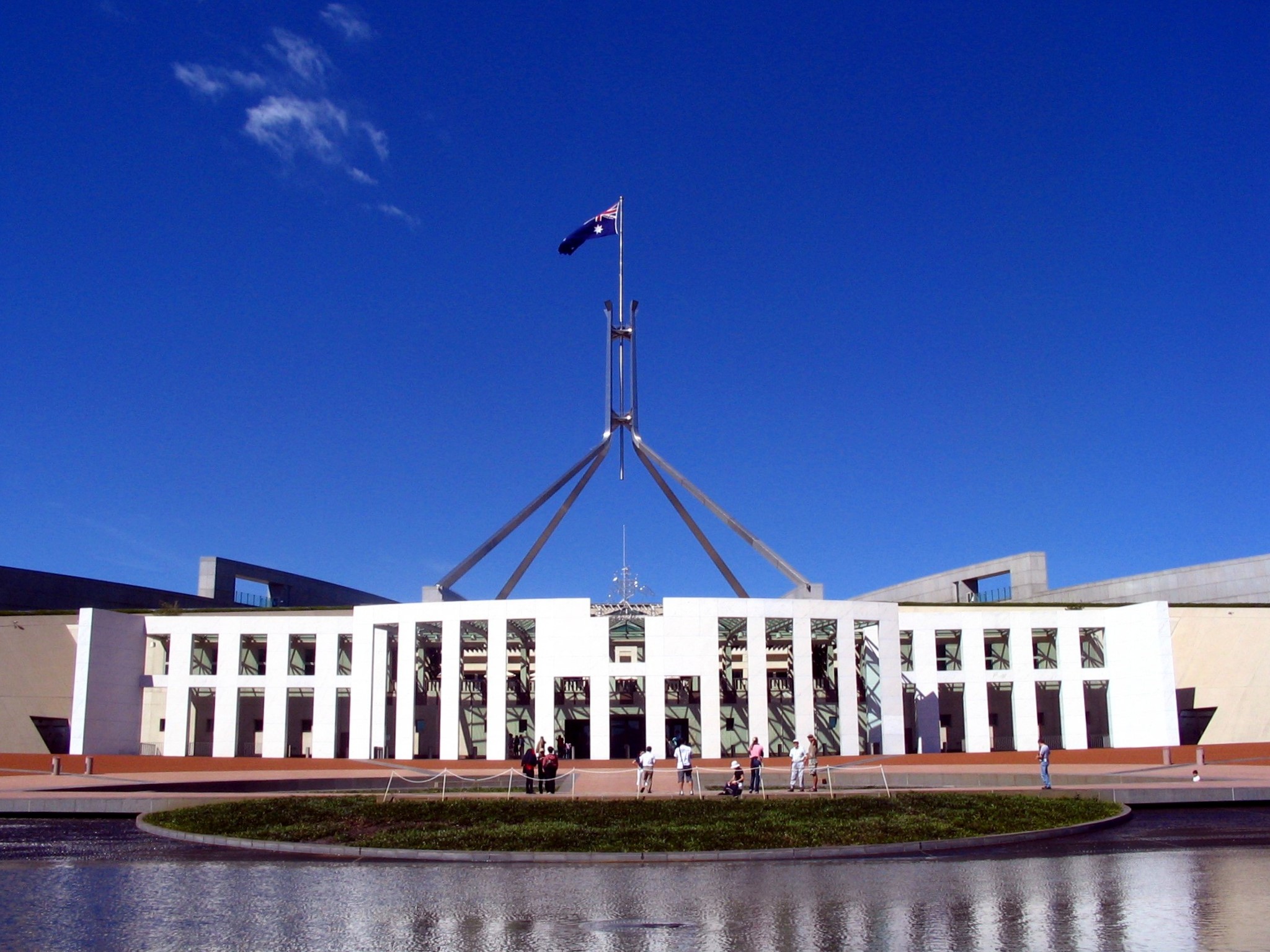
Your 8AM Zedlines with Hailey and Cass
ZEDLINES, FRIDAY JANUARY 30TH, 11AM

Your 11AM Zedlines with Livinia Clementine and Jules
ZEDLINES, FRIDAY JANUARY 30TH, 10AM
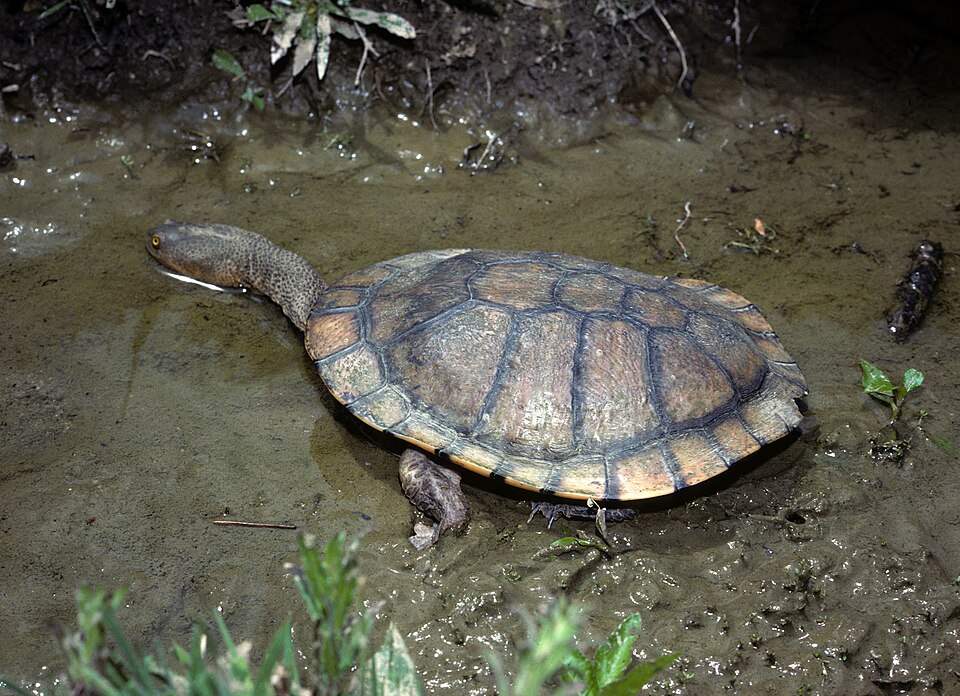
Your 10AM Zedlines with Livinia, Dane and Clementine
ZEDLINES, FRIDAY JANUARY 30TH, 9AM

Your 9AM Zedlines with Dane and Jules
ZEDLINES, TUESDAY FEBRUARY 10TH, 8AM
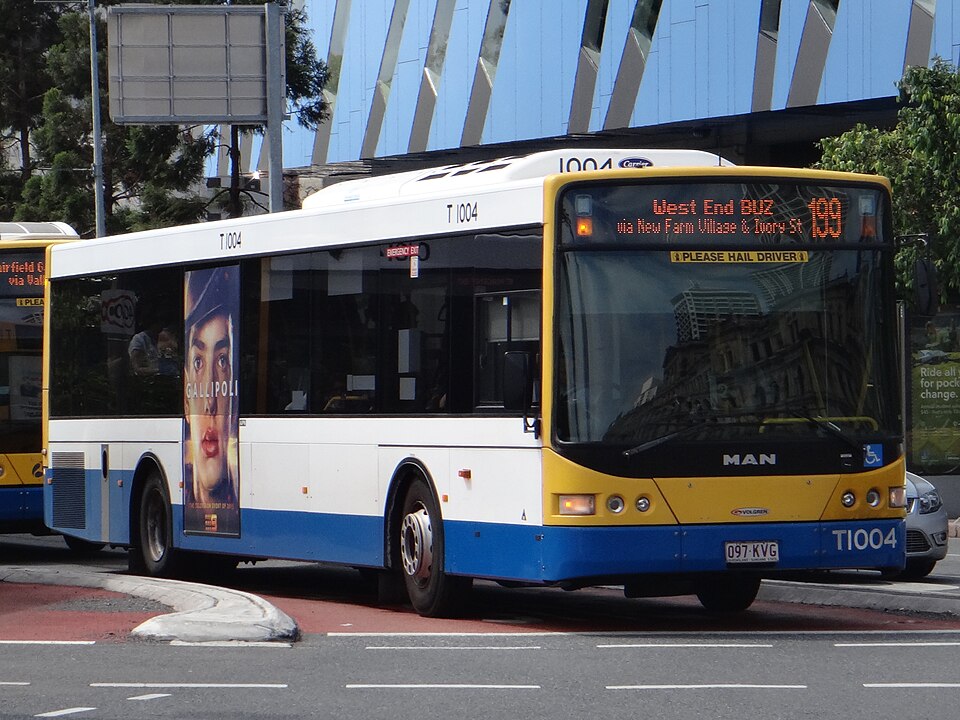
Your 8AM Zedlines with Livinia, Clementine and Jules
ZEDLINES, MONDAY, FEBRUARY 09TH 2026, 11AM

Your 11AM Zedlines with Niamh & Alannah
(Image Credit: Photos By Capy)
ZEDLINES, MONDAY, FEBRUARY 09TH 2026, 10AM
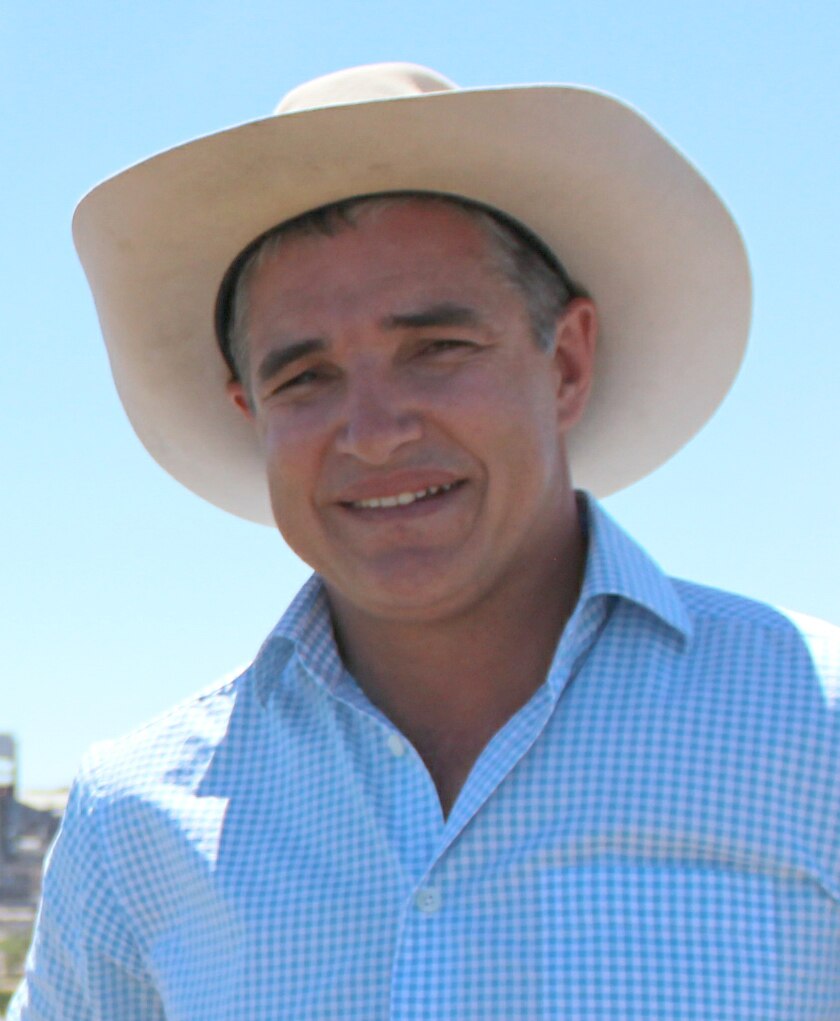
Your 10AM Zedlines with Sarah & Miko
(Image via: Wikimedia)
ZEDLINES, MONDAY, FEBRUARY 09TH 2026, 9AM

Your 9AM Zedlines with Niamh & Alannah
(Image Via: Flickr)
ZEDLINES, MONDAY, FEBRUARY 09TH 2026, 8AM
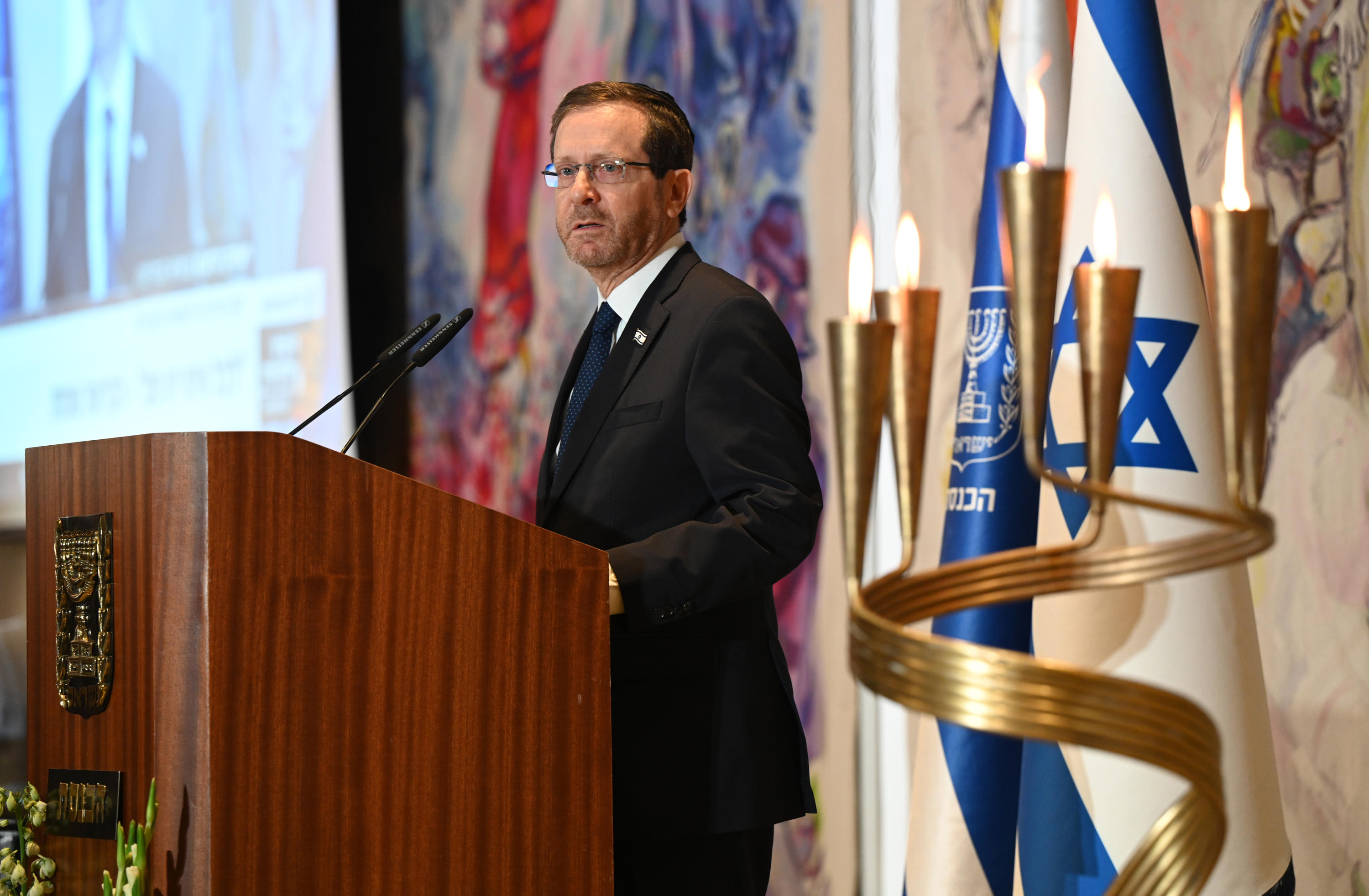
Your 8AM Zedlines with Sarah & Miko
(Image via: Wikimedia)
ZEDLINES, FRIDAY FEBRUARY 6TH, 11AM
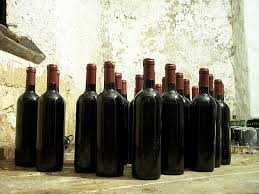
Your 11AM Zedlines with Ava, Charlie and Dan! (Image via PickPik)
ZEDLINES, FRIDAY FEBRUARY 6TH, 10AM

Your 10AM Zedlines with Asha, Ethan and Yuchen! (Image via Littles Lawyers')
ZEDLINES, FRIDAY FEBRUARY 6TH, 9AM

Your 9AM Zedlines with Ava, Charlie and Dan! (Image via Flickr)
ZEDLINES, FRIDAY FEBRUARY 6TH, 8AM

Your 8AM Zedlines with Asha, Ethan and Yuchen! (Image via Wikimedia)
ZEDLINES, THURSDAY 5 FEBRUARY, 9AM

Your 9AM Zedlines with Stella, Em, and Alec.
ZEDLINES, THURSDAY FEBRUARY 5TH 2026, 8AM

Your 8am Zedlines with Vivek, Sarah and Alec.
ZEDLINES, WEDNESDAY 4 FEBRUARY 2026, 11AM

Your 11AM Zedlines with Cass and Hailey
ZEDLINES, WEDNESDAY 4 FEBRUARY 2026, 10AM
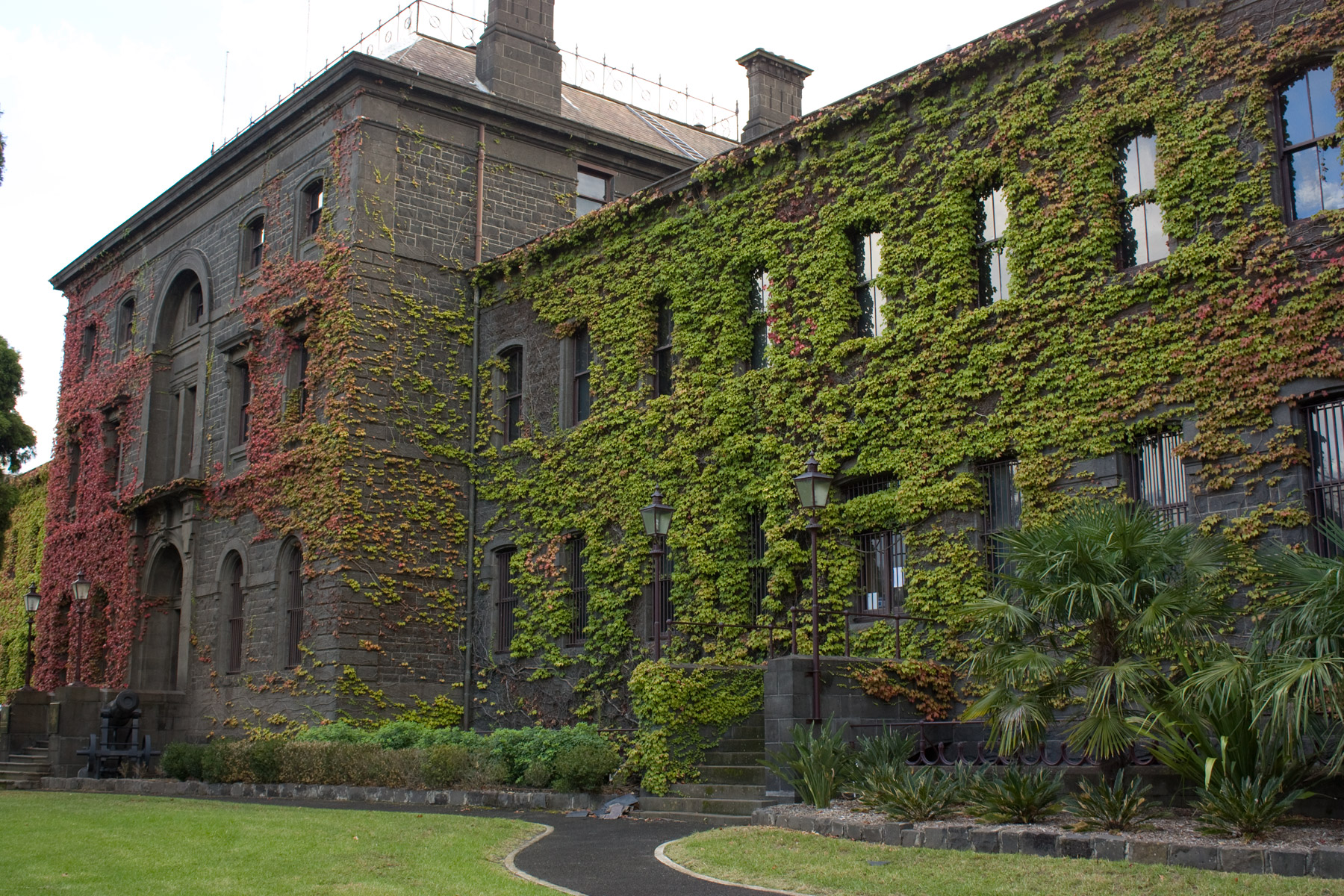
Your 10AM Zedlines with Lachlan and Georgie
ZEDLINES, WEDNESDAY 4 FEBRUARY 2026, 9AM
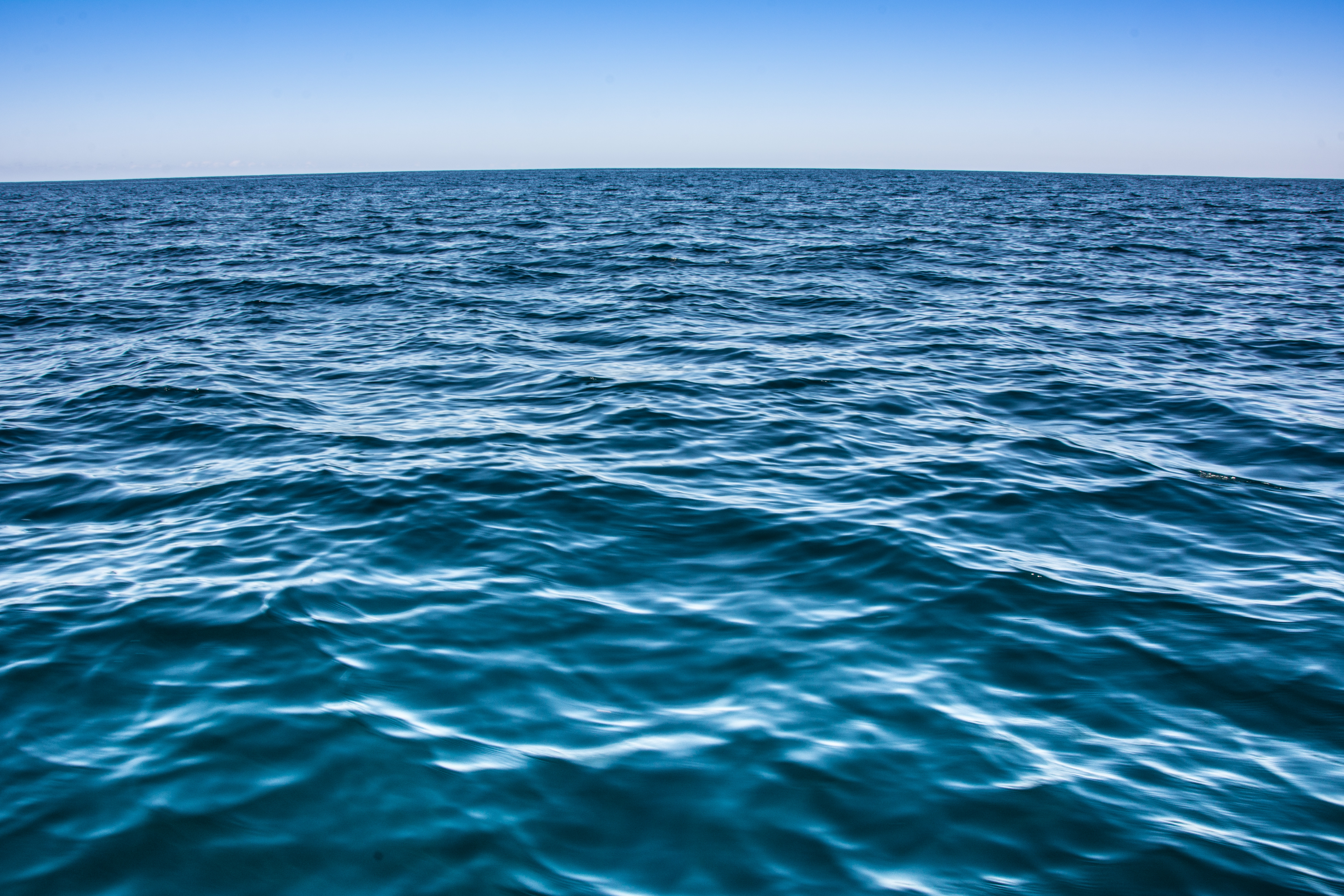
Your 9am Zedlines with Hailey and Cass.
ZEDLINES, WEDNESDAY 4 FEBRUARY 2026, 8AM
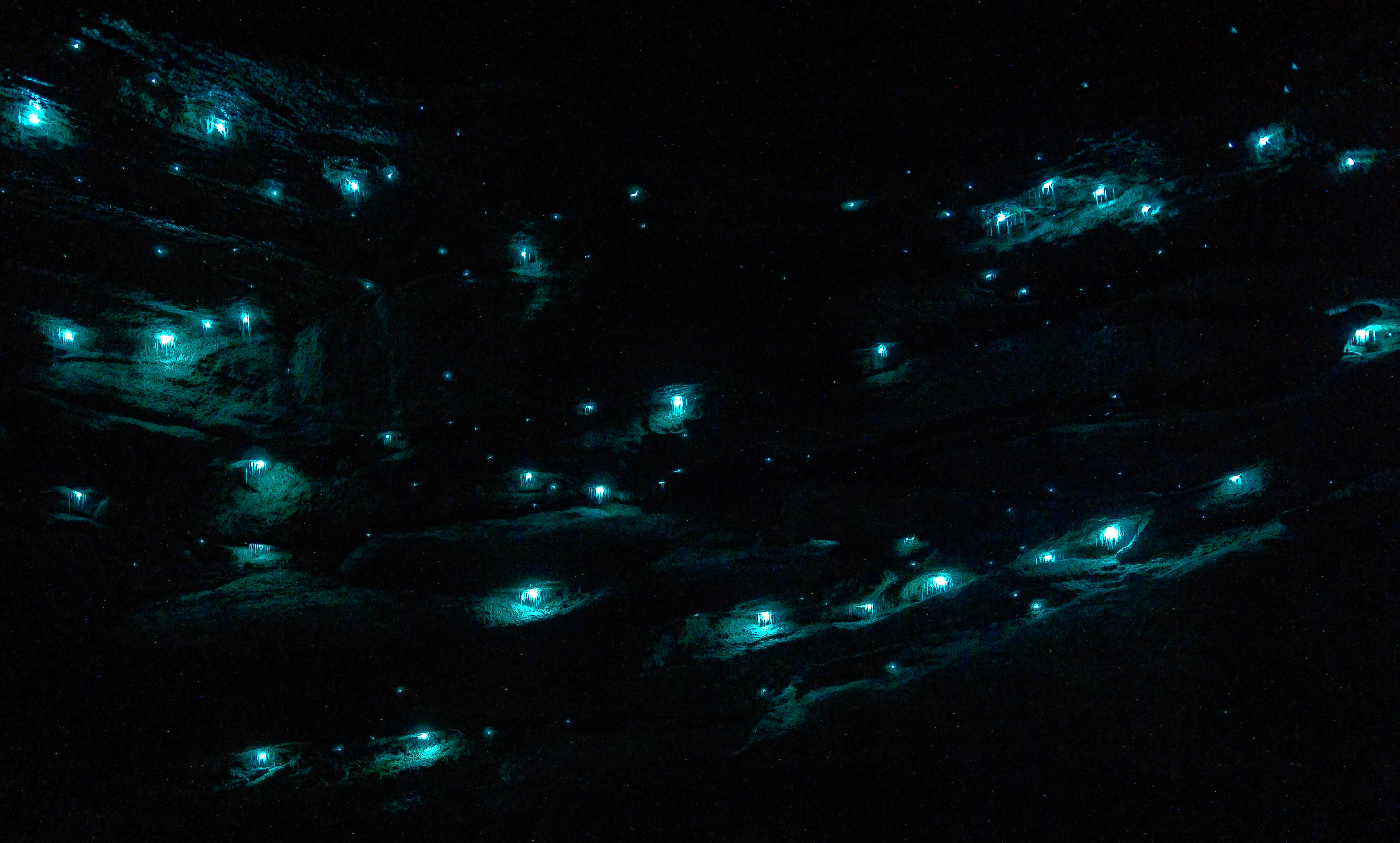
Your 8AM Zedlines with Lachlan and Georgie
ZEDLINES, TUESDAY 3RD FEBRUARY 2026, 9AM

Your 9AM Zedlines with Dane and Jules
ZEDLINES, TUESDAY 3RD FEBRUARY 2026, 8AM

Your 8AM Zedlines with Zayna, Clem & Dane
ZEDLINES, MONDAY 2ND FEBRUARY 2026 11AM

Your 11am Zedlines with Ellen, Sarah and Alannah
ZEDLINES, MONDAY 2ND FEBRUARY 2026, 10AM

Your 10am Zedlines with Niamh and Miko
(Image via Wikimedia Commons)
ZEDLINES, MONDAY, FEBRUARY 2ND, 9AM

Your 9AM Zedlines with Ellen, Sarah and Alannah
(Image via University of Queensland)
ZEDLINES, MONDAY FEBRUARY 2ND, 8AM

Your 8AM Zedlines with Miko and Niamh
(Image via Wikimedia Media Commons)




